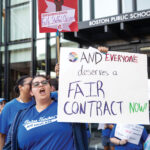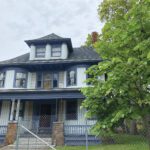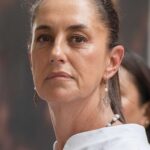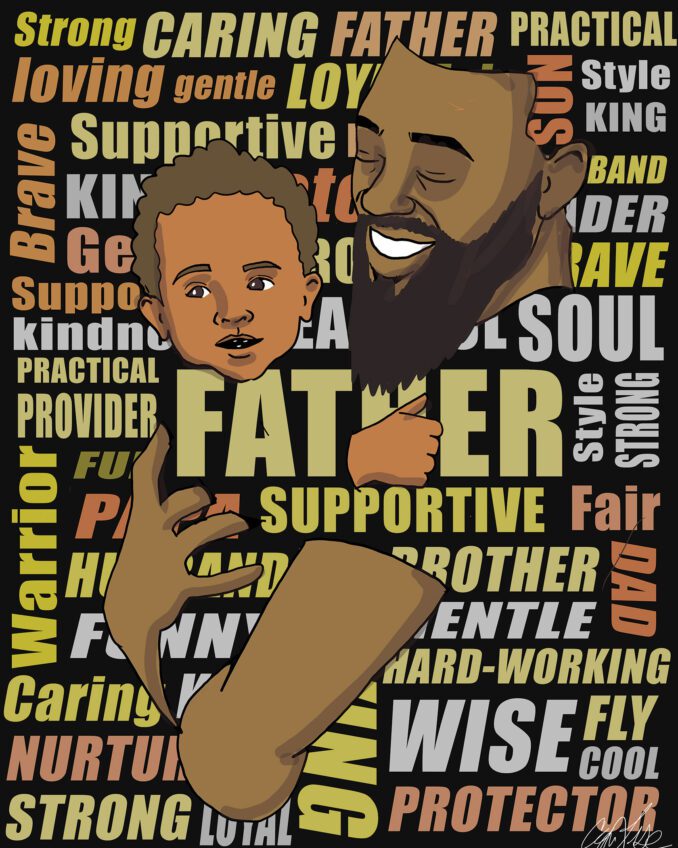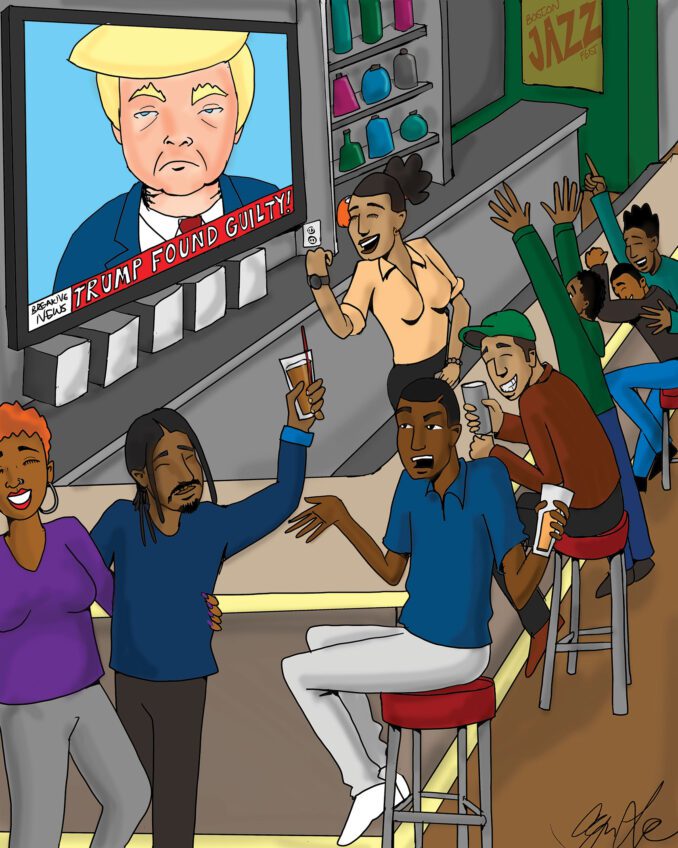Massachusetts celebrated 20 Years of Marriage Equality on May 17, thanks to the landmark decision in Goodridge v. Department of Public Health. This decision preceded the historic U.S. Supreme Court ruling by 11 years, with the Obergefell v. Hodges decision, which legalized same-sex marriage in all 50 states.
In 2004, at 12:01 a.m., the city of Cambridge was the first in the nation to issue marriage licenses to same-sex couples, and at 9:15 a.m., the first couple was married.
Cambridge takes pride in being the first, and over the course of three days, the Office of Mayor Denise Simmons, the first African American lesbian mayor in the country in 2008, and the City hosted several events with guest speakers like LGBTQ+ ally Congresswoman Ayanna Presley.
“It is an honor to call the Commonwealth of Massachusetts my home because of groundbreaking, humanity-centered, and justice-actualizing decisions like this one” to be the first City Hall to issue licenses to same-sex couples, Presley told the audience in the Cambridge City Hall chamber.” I often use Cambridge as a way to get my colleagues to do things.”
Also, at the events were guest speakers former M.A. State Representative Byron Rushing, who played a critical role in legalizing same-sex marriage, and Marcia Hams and Susan Shepard, who were the first couple to receive a same-sex marriage license in Cambridge on May 17, 2004.
Since 2004, I’ve officiated over 250 LGBTQ+ couples, including Mayor Denise Simmons’s nuptials. When interviewed for this 20th anniversary, I was asked to show photos. I had to sort them into three piles as I’ve done with heterosexual couples, highlighting we are like everyone else: deceased, divorced, and still together.
Looking back at advances since 2004, such as hate crime laws, the repeal of “Don’t Ask, Don’t Tell” and DOMA, the legalization of marriage equality, same-sex adoption, and anti-homophobic bullying becoming a national concern, among a few, the LGBTQ+ community has come a long way since the first Pride marches.
When you reside at the intersections of multiple identities, as I do, the 20th anniversary of Marriage Equality in Massachusetts is also the 70th anniversary of the historic U.S. Supreme Court case of Brown v. Board of Education. This ruling upended this country’s “separate but equal” doctrine, adopted in the Plessy v. Ferguson decision of 1896.
However, victory comes with backlash.
On this year’s anniversary of “Brown v. Board of Education,” African American and Latinx American students continue to attend not only segregated schools- whether here in Boston or across the nation. Also, they overwhelmingly attend high-poverty urban ones with metal detectors. Sadly, not only has policing while schooling doubled since 2001 to the present day, but so has the school-to-prison pipeline.
As for us, LGBTQ+ Americans, bigotry works in this political climate. Anti-LGBTQ+ discrimination in the U.S. has taken a hard-right political turn since Trump. The majority of them target our transgender population- to date, 552 bills in 42 states. These bills ban trans people from bathrooms, pronouns, sports, gender-affirming surgery, and drag queen story hours, to name a few. Restricting transgender rights works for Trump’s evangelical base, hoping it’ll help the GOP in this coming presidential election. HRC has declared a state of emergency for LGBTQ+ Americans.
The Reverend Monroe is an ordained minister, religion columnist and motivational speaker. As an African American feminist theologian, she speaks for a sector of society that is frequently invisible.

